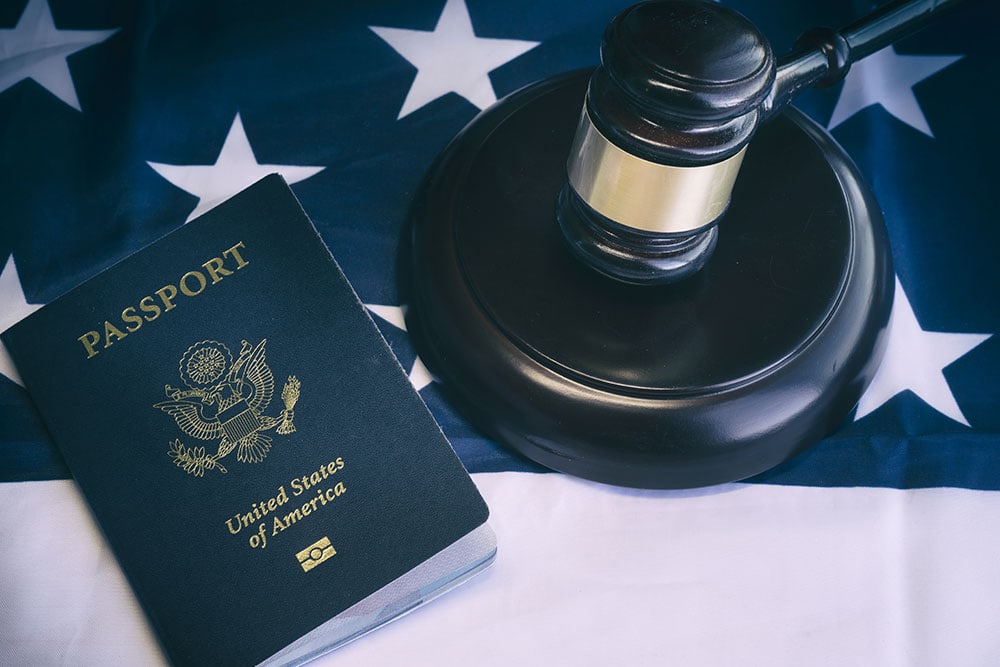Travel Laws: Know the Rules Before Traveling for the Holidays
Whether you are traveling for business, leisure, or a combination of both, it is a good idea to brush up on pertinent travel laws. This will allow you to avoid the associated hassles, including posting bail bonds.
Traffic & Travel laws
If you are traveling by car, you have to be aware that the states may have differing laws with regards to driving. Almost every state follows the basic rules of driving, like requiring drivers to stay on the right side of the road and enforcing speed limits.
Arizona, for example, has introduced a few changes to driving laws in 2015. One such change that the state is currently enforcing is requiring motorcycle riders to carry one passenger for bikes designed to do so. The state also now gives people the opportunity to get federally compliant licenses which can be used for boarding airplanes. These licenses are valid for only eight years, unlike the previous ones which were valid for a lifetime.
If you are passing through Nevada, be aware that using your phone to text, call or go online is now illegal. Also, if you have figured in a minor traffic accident, you are mandated to move to the shoulder; otherwise, you will be accused of obstructing traffic. If you are traveling with a child who is seven years old or younger, you should never leave him alone inside the vehicle. It is also illegal to leave a pet inside a vehicle during times of extreme temperatures.
Going to Oregon? Be aware that all drivers are banned from using handheld cell phones. The state also requires drivers to use headlights from sunset to sunrise and during times when visibility is reduced to less than a kilometer. Although there is no state legislation about leaving a child inside a car, you may be charged with neglect by the state.
Traveling by air
If you have been traveling by air for quite some time, you may be aware of the different measures implemented by authorities to guarantee everyone’s safety. However, there might be instances wherein your privacy and civil liberties may be compromised. Most of these measures are enforced based on the internal policy of the Department of Homeland Security (DHS) and are not mandated by law. Hence, you may notice differences and inconsistencies in the application of these measures.
In some instances, you have the choice to opt out of these measures. For example, if you feel that your privacy is being violated by going through a body scanner, you can opt out of it and undergo a pat down. You can also ask that your children not be subjected to a scan.
If you need to wear a head covering at all times for religious reasons, you may tell the TSA officials. You will then be subjected to a pat down and a test for chemical residue in your hands. If the officials insist on removing your headwear, you may request to do this in a secluded or private area.
At any point in your visit to an airport, if you feel that any of your rights have been violated, you may file a complaint with the Office of Civil Rights and Civil Liberties of the DHS.







